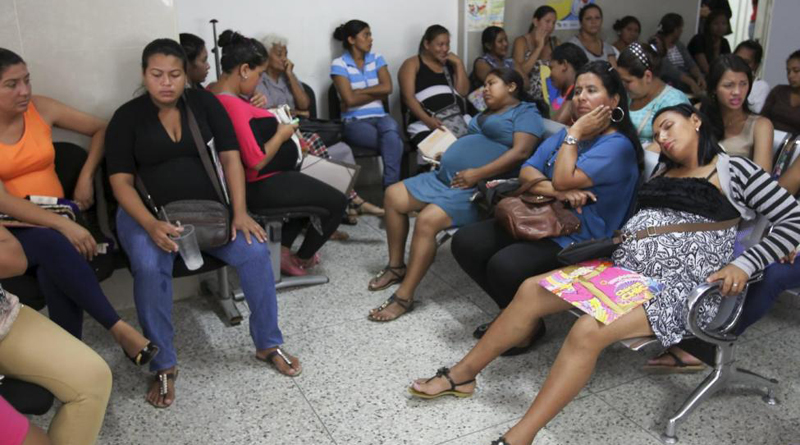The economic collapse of Venezuela has led to a severe shortage of medicine supplies, putting more lives at risk of death; writes Ameera Fouad
“Cancer does not wait” is a slogan that Venezuelans have raised in Caracas as a means to receive treatment at a state-run children’s hospital there.
In a country battered by political tension and a sputtering economy, the Venezuelan healthcare crisis has reached severe heights where patients can no longer wait for treatment. The healthcare system in Venezuela has been affected by the black market for pharmaceutical drugs and the smuggling of drugs out of the country.
The healthcare situation in Venezuela had seen a boom in the era of the former president Hugo Chavez, marking one of the hallmark achievements of his presidency. This year, however, the situation deteriorated with the country’s economic crisis, medicine storages, aging equipment, and an exodus of medical professionals who left the public health sector.
According to Code Via, a non profit umbrella health group, around 13,000 people with chronic ailments are at risk of severe harm if they do not undergo treatments including chemotherapy and taking drugs that prevent transplanted organs from being rejected.
Moreover, 250 persons with cerebral-vascular accident (CVA) and 500 with blocked coronary arteries are at a high risk due to the lack of medical equipment and spare parts for surgeries.
Around 750 persons with heart deficiencies need pacemakers every year, which are currently unavailable, while 500 persons who need to save their lower limbs are at risk of amputation because of the lack of instruments.
Five hundred and sixty people with lymphoma face a lack of medicine prescribed in chemotherapy protocols in at least eight states, and 4,242 people with hemophilia and other blood problems do not have a regular supply of clotting factors in the blood, which need to be applied once or twice a week.
The country could face a serious humanitarian crisis if the situation continues unchecked.


